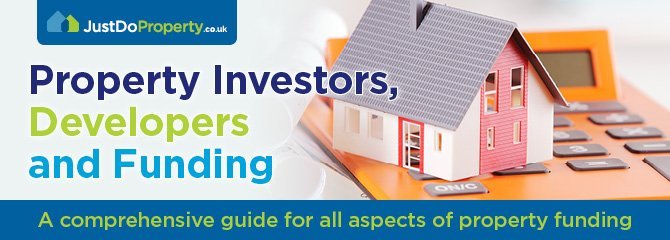
As you may already know, there have been a lot of reports published by the press showing how young people in the UK are struggling to get onto the property ladder. In fact, they have been labelled as “generation rent”. Arguably, this is due to savvy investors choosing to make a good living through buy-to-let mortgages. To be more specific, a greater demand for properties drives up house prices and rent in certain areas.
As a result, the government have decided to make a set of changes to tax relief. Arguably, this is a thinly veiled attempt to reduce the attractiveness of the buy-to-let investment strategy, thereby allowing more people to jump onto the property ladder. Depending on your investment strategy and financial strategy these changes could affect you. Let’s delve into the tax relief changes, and how you can use the information to gain a legal advantage.
Notably, the amendments (more on them later) begin on the 6th April 2017. Interestingly, the government have decided to make the changes in phases which end in 2021. This should give landlords some “breathing space” and time to change your investment strategy.
Amendments
The government’s changes to tax relief begin on 6th April 2007. In brief, a range of allowable expenses are being phased out. Below are the costs which you can no longer list as an allowable expense on your tax return:
– Legal costs
– Valuation fees
– Interest on your mortgage
– Costs associated with obtaining finance
Interestingly, these changes don’t apply to people who own companies and run their rental business through it. Secondly, most property development and commercial property companies won’t be affected. The sequential change to tax relief is likely to cause some landlords to shift between tax brackets. As a result, they will pay more or less tax. Moreover, certain benefits such as child tax credit might also be affected. Therefore, it is worth sitting down to audit your annual gross income and see how these changes might have on your net income. You should do this while taking your future plans (acquiring more property etc) into account.
Things to note
Landlords would be happy to hear that the government is doing a phased launched; therefore you have three years to adjust. Here is what the government has planned:
1) Basic tax reduction costs will swell by 25% each year between 2017/2018 and 2020/21 tax seasons.
2) Between the 2017/18 and 2020/21 tax year, the percentage of costs deducted from profits will reduce by 25% each year.
This might sound a bit complicated, hence why we would like to reiterate that it is worth finding time to calculate how this might affect you.
Exceptions
Notably, there are two exceptions. For instance, if your property profits are less than the cost of financing, you will pay a max rate of 20%. Secondly, if your income is low enough that it falls within the personal allowance range, you will also pay a max rate of 20%.
Conclusion
In conclusion, it is worth seeking advise from an accountant and/or a financial lawyer. They will be able to sit with you, take your financial situation and strategy into account and give you tailored advice.
- Selling a House in a Trust After Death: What You Should Know - April 18, 2024
- Maximising Your Home’s Potential: The Ultimate Renovation Checklist - April 16, 2024
- Key Tips on Managing Your Property Portfolio - April 16, 2024


